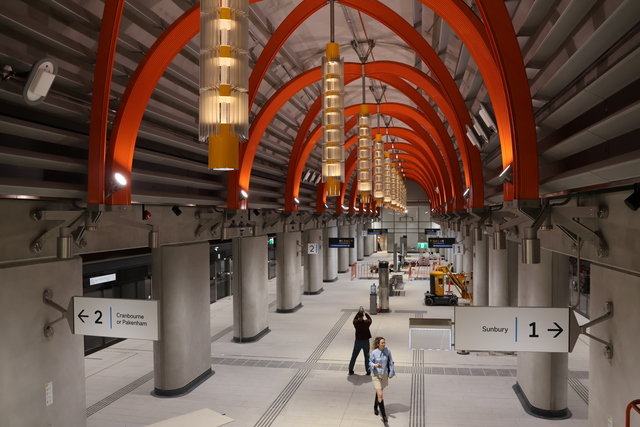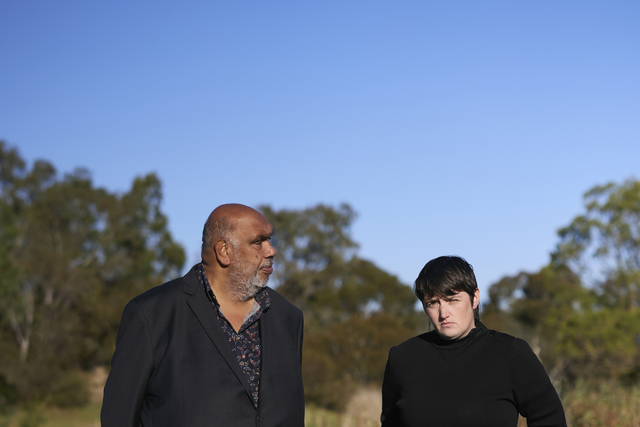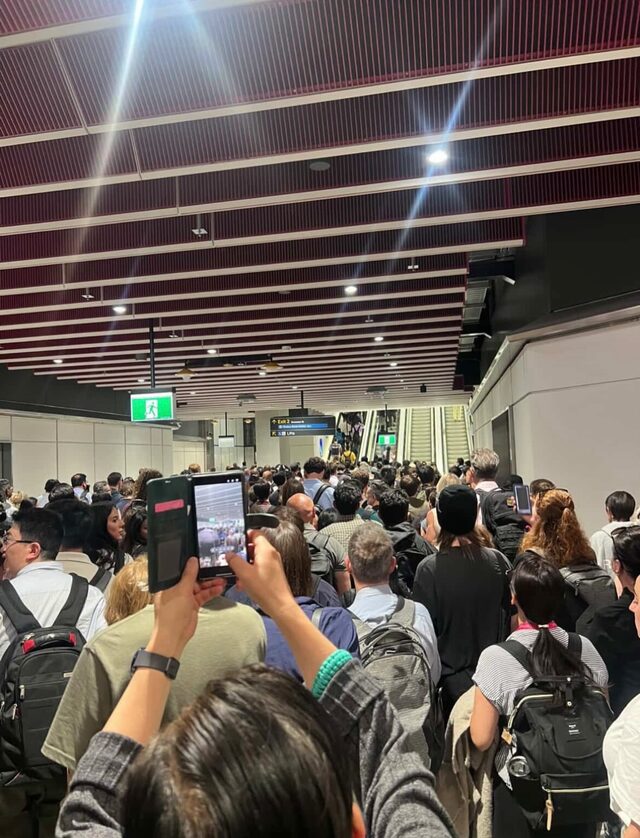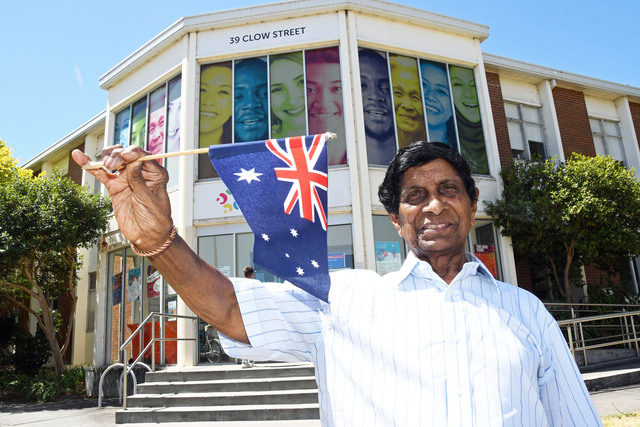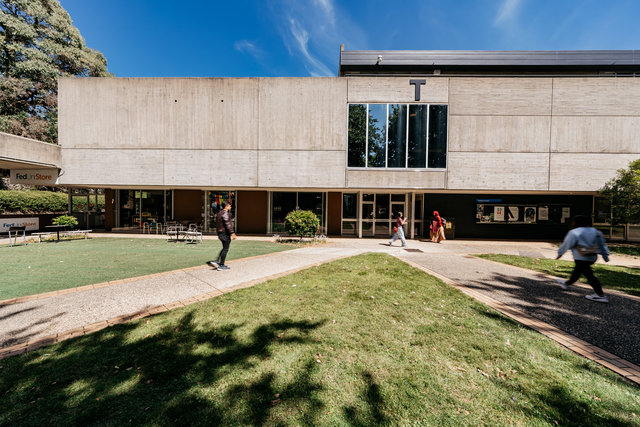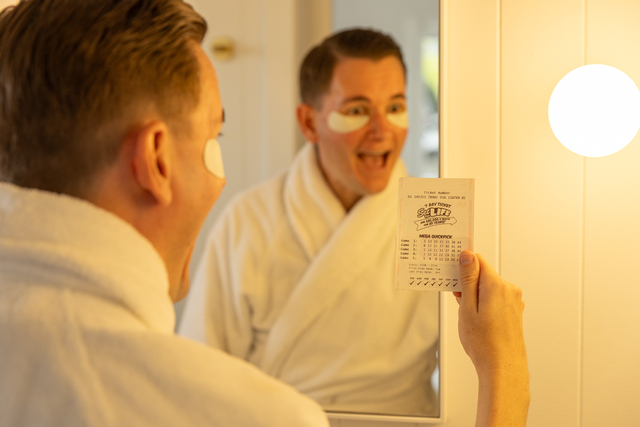The City of Casey is planning to become Australia’s most liveable city through technology, innovation and data.
Cr Sam Aziz, Cr Tim Jackson and a council officer commenced a five day study tour visiting Newcastle, Ipswich, Brisbane and Adelaide in late June this year.
The tour was facilitated by the Cities Leadership Institute and was made up of a delegation of councillors, council officers and private sector representatives from Victoria and NSW.
Cr Aziz subsequently attended the World Cities Summit (WCS) Mayors Forum and Conference in Singapore in early July.
WCS is a biannual gathering of leaders from around the world who come together to address liveable and sustainable city challenges, share integrated urban solutions and forge new partnership.
The activities that should be prioritised are those that make citizens happier. That is, those activities that give people more time to spend with their family, their friends or being productive. Or activities that reduce the costs of utilities and give people more money in their pockets.
The three Casey representatives put together a consolidated summary of nine findings from across both trips.
The first finding was that the aim of creating a smart city is to simply improve the quality of life.
“Being a smart city is very much about the liveability,” Mr Aziz said.
“We need to continue to drive activities that make the residents happy.”
They learnt that high speed connectivity attracts investment and jobs.
The third finding was that most cities are yet to move from a pilot phase to implementation.
The delegation saw many examples of smart city projects that are still in early stages. This is due to the rapid emergence of the smart city market.
Being an immature market, the standards for systems architecture, data and connectivity haven’t been defined.
They found that strategy and execution is inextricable and governance and oversight is fundamental to success.
The delegation saw examples of smart city strategies that were developed over many months with broad consultation.
In contrast, some of the more successful approaches had a very light touch strategy that was flexible and adaptable to suit the rapidly changing environment.
Integrating data from various sources is difficult, complex and requires technical skills.
The seventh discovery was that investment is required to realise benefits.
While small scale pilots may be done at a low cost, building a large scale smart city ecosystem is a complex and costly endeavour.
To successfully create a smart city, data governance and ethics need to continually evolve in response to the environment.
Lastly, the right partnerships need to be defined.


